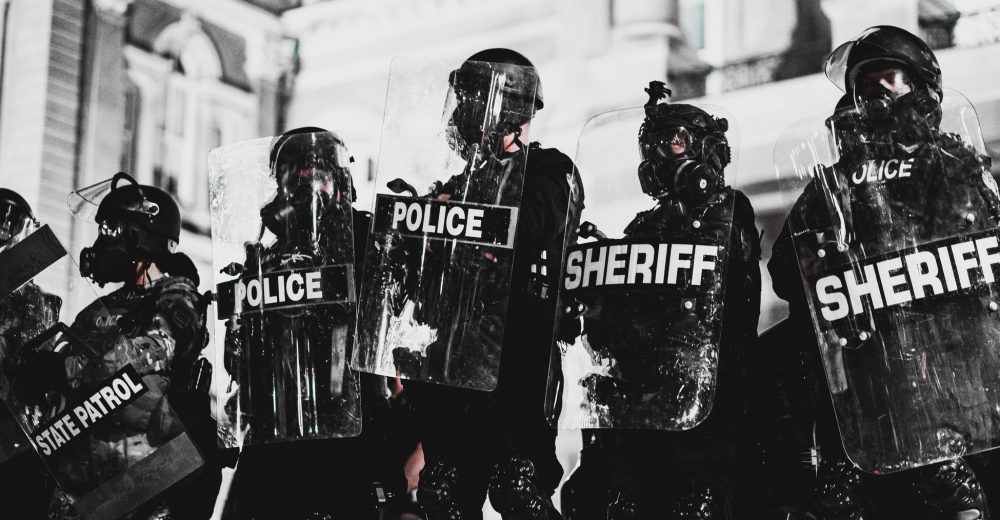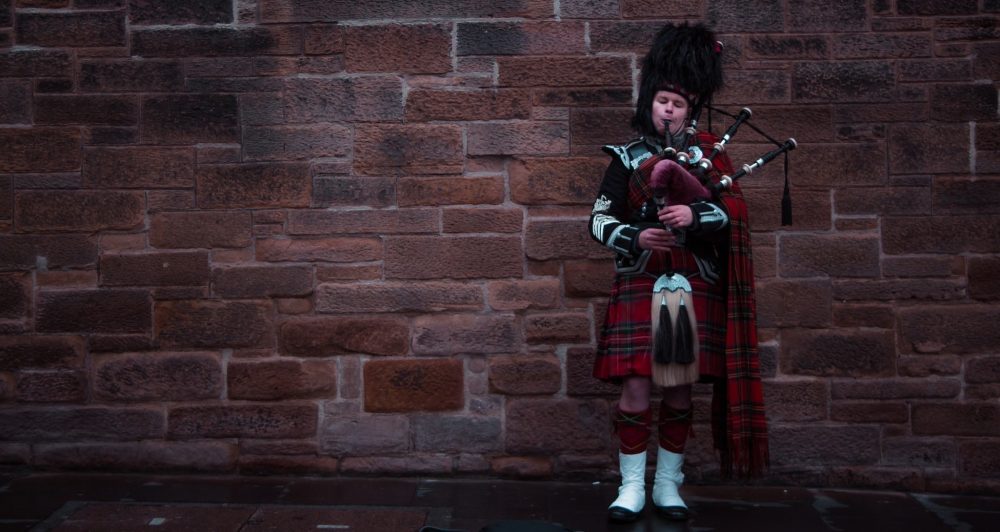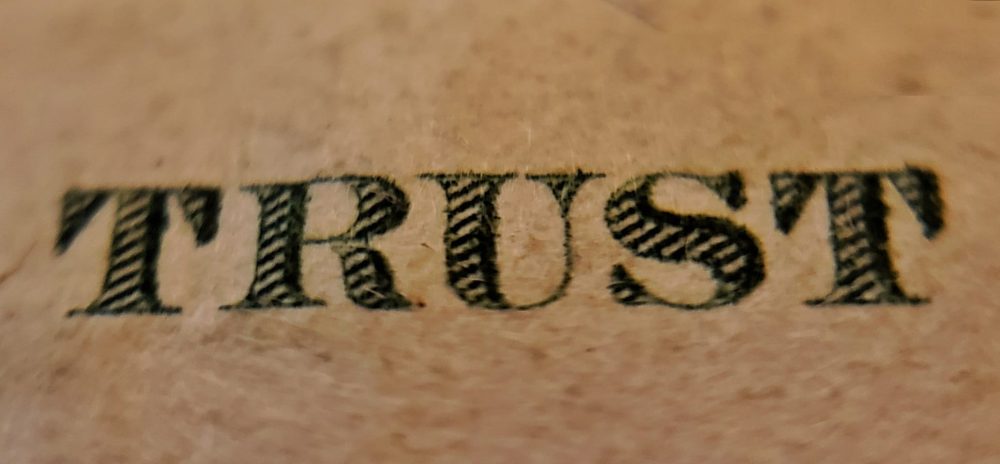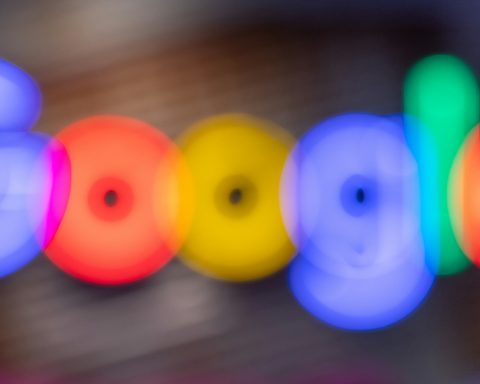
Difference of opinion leads to enquiry, and enquiry to truth. Thomas Jefferson.
During a recent basic life support training session, all the attendees were amused by the fact that one of the mannequins had an uncanny resemblance to Donald Trump. During the session someone jokingly remarked that if indeed Donald Trump was found unconscious on the street they would just casually walk the other way whilst another suggested smothering him rather than offering oxygen. Everyone laughed; it was actually quite funny. However, it made me wonder whether the joke would have drawn such laughter had the mannequin been black and the intended target Barack Obama. I suspect not.
Why is it we find the threat of hanging one man so offensive and the other so funny?
To those who may suggest that Donald Trump deserves such scorn, I would say two things; 74 million Americans (47% of the casted vote) voted for him and the joke, after all, was about murdering him. It was only last week that the world watched in amazement as the US Capitol building was stormed by a baying mob. A middle aged, average looking, American woman drew the ire of the media as she stood by a mock gallows, erected outside the Capitol building, and jokingly remarked “hang Joe Biden” to a cheering group of protestors. Why is it we find the threat of hanging one man so offensive and the other so funny?
The distrust, by both sides of each other, that has now become so widespread in the US has hindered her ability to deal with the pandemic. Conspiracy theories and distrust of scientific advisers have no doubt contributed to the high rates of transmission and resulting deaths. This is likely to have an effect on the uptake of the vaccine, particularly amongst those who are the most vulnerable. A recent survey found that 72% of black and 42% of Pakistani and Bangladeshi people were unlikely to have the vaccine. Similar issues amongst the black community have been identified in the US. The reasons behind this are complicated but include distrust of the authorities and a lack of access to correct information leading to over reliance on social media sites propagating conspiracy theories.
It would serve us better to truly understand why they feel the way they do.
As health professionals we can sometimes be exasperated by such individuals and at other times consider them downright idiotic. But it would serve us better to truly understand why they feel the way they do. It is obvious that they value their life and those of their loved ones as much as anyone else and will be harbouring the fears like anyone else of falling prey to the virus. Their distrust in the government and authority may be well justified due to their individual and community experiences. This was on stark display during the attack on the US Capitol when police officers were seen taking selfies with some of the protestors. Contrast that with the brutality experienced by Black Lives Matter protestors in the US earlier in the year and one can begin to understand why members of the Black community may have reservations about dictums from the government telling them that they are at higher risk and therefore must be immunised as a matter of priority.
Their distrust in the government and authority may be well justified due to their individual and community experiences.
To understand their position we should also look at ourselves and our beliefs. By the time this article is published I am likely to have received the vaccine. Did I truly understand the data and research behind the approval of the vaccines and their safety profile? The answer is, in all honesty, no. I placed my trust in the scientific researchers behind the vaccine effort and my patients have placed theirs in me; a chain of blind faith, necessary for the vaccine effort to be a success. Rather than pour scorn on those who refuse to place their blind faith in a system that has failed them, we should respond with kindness and understanding. We must acknowledge their fears and direct them to sources that they can trust if we are to make a success of the vaccination campaign.
Without acknowledging the fears and grievances of the other side the rift only gets wider and the healing more difficult. We are present at a time in history when the fear of the “other”, whether it be members of another religion, race, political leaning or nation, is at fever pitch. Perhaps the pandemic has come to remind us of our shared humanity and our collective susceptibility to death and disease, in the hope that we will become more tolerant of each other and create a better world for everyone who inhabits it.
Paired BJGP Life articles:
And linked article in BJGP:
Harnden A, Lim W and Earnshaw A. COVID-19 vaccination programme: a central role for primary care. BJGP 25 January 2021; bjgp21X714929. DOI: https://doi.org/10.3399/bjgp21X714929
Featured photo by Pablo Lara on Unsplash









[…] Tolerating a difference of opinion. Samar Razaq […]